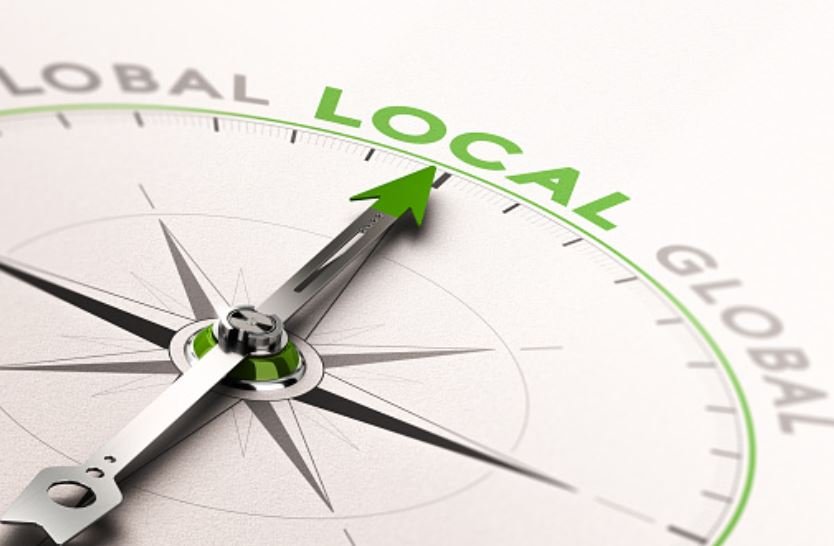SEO
Know Before You SEO: 6 Local SEO Myths That Could Be Costing You a Better Ranking

When running a small business, where you rank on popular search engines like Google and Bing can make or break your ability to find new customers. Though you might think you’re doing all of your search engine optimization (SEO) correctly, you could also fall victim to misinformation about the current best practices.
Rather than continuing to miss the mark, you can make a positive change by partnering with a reputable SEO company like Searchbloom. Agencies have knowledgeable staff who spend all day working on local and national SEO so you can focus on what matters most: the wellbeing of your company.
It would be prudent to also help yourself by learning about the myths that continue to plague small businesses looking to grow their local SEO reach.
[lwptoc]
Businesses don’t need backlinks
Business owners often think they can get away with using online citations rather than backlinks.
When building SEO, businesses need backlinks that direct visitors from one website to yours. Backlinks have grown business rankings on Google as the algorithm sees them as authority-building tools. Link building is one of the most critical components of a successful SEO strategy. There are 5 link-building strategies that are essential if you want to grow your web traffic. These include relationship link building, guest posting, broken link building, press mentions, and link reclamation. Citations can help, but only if they also include a backlink to your site.
Setting a service area builds your reach and rankings
A critical step to growing your SEO is adding your business to the Google My Business listing service. When you add your listing, you can add a service area, and that lets Google know to boost your business to people in your region.
Many small business owners are under the impression that the service area listing impacts their rankings. It does not. Adding a service area tells Google where you serve customers, and that’s all it does. However, when it comes to improving your local reach, letting customers know you’re there is half the battle.
Adding keywords to the Google My Business listing impacts rankings
Another misconception about the Google My Business listing involves adding keywords. You can add as many local keywords as you want, but the listing has no impact on where your business ranks in local Google searches.
Use the keywords in blogs, on your business website, and in social media posts, but don’t waste your time adding them to your GMB page. Instead, include only necessary information on your Google My Business listing so customers can scan the details.
Buying Google Ads improves your rankings
If you buy Google Ads, you could appear at the top of the search page, but that doesn’t mean that you have better organic rankings.
Google tells its advertising customers that paying for services will not improve their local organic rankings. Paying for ads could get you to the top of the search page, but they will also drain your bank account. If you have the time and the funds to commit to an organic SEO campaign, that’s generally a better bet.
Ranking at the top takes a long time
When you add your company’s information to the Google My Business page, your business will begin to appear in searches as soon as Google verifies it.
Your business probably won’t rank at the top or all over the city, but you will rate. Moving up in the rankings depends on your competitors and how much work you do with your website, reviews, and blogs.
Google only uses the information in the Google My Business listing
Unfortunately for small business owners, Google uses several sources to piece together information about local companies.
The search engine will use the information you add to your Google My Business listing in addition to information from Maps and other third-party data sources. Therefore, you must check your listing information to verify that it is always correct.
If the information is incorrect, customers might visit your business when you are closed. Potential visitors might also find other misinformation that negatively affects your bottom line.
Wrap up
Learning how Google uses the information to rank your local business helps owners make better choices about keywords, their Google My Business listing, and backlinks. SEO myths and truths shouldn’t be a mystery for small business owners, especially with so much helpful information available on the Internet.
-

 Entertainment1 month ago
Entertainment1 month ago123Movies Alternatives: 13 Best Streaming Sites in 2026
-

 Entertainment2 months ago
Entertainment2 months ago13 Free FMovies Alternatives to Watch Movies Online in 2026
-

 Entertainment1 month ago
Entertainment1 month ago13 Flixtor Alternatives to Stream Free Movies [2026]
-

 Entertainment1 month ago
Entertainment1 month agoGoMovies is Down? Here are the 11 Best Alternatives






